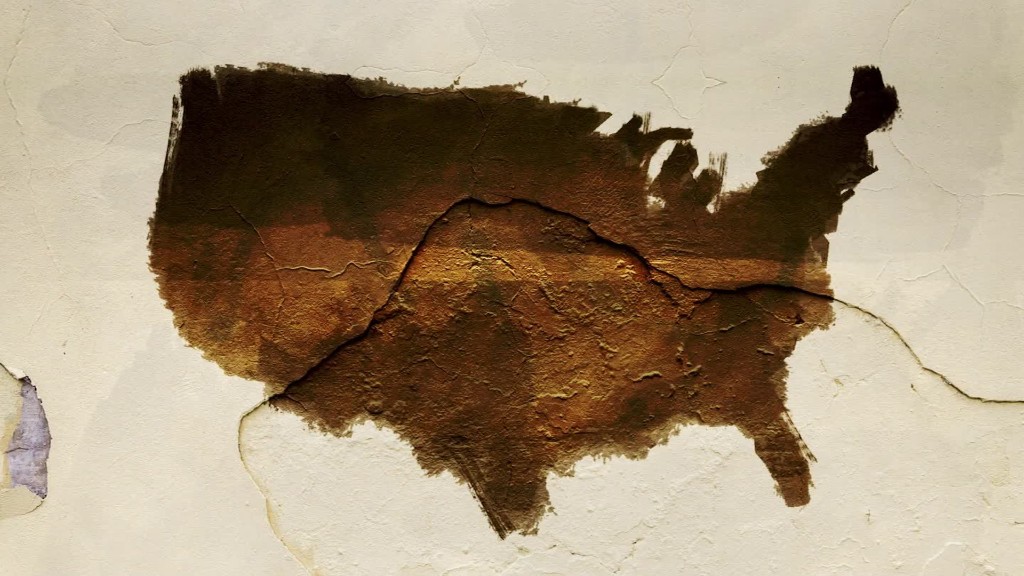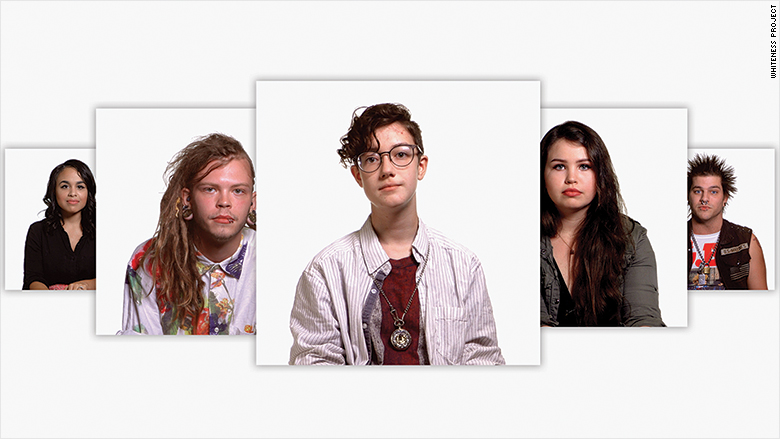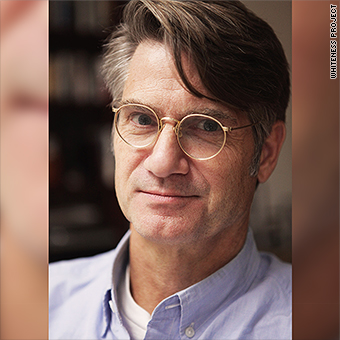
"White people are misunderstood."
"I would be in jail if I was not white."
"There is so much privilege I have."
These are some of the responses filmmaker Whitney Dow received when he asked a group of Millennials in Dallas what it means to be white in America today.
Dow, who spearheaded The Whiteness Project, will release the second installment of the digital video project, called The Intersection of I, on Thursday at the Tribeca Film Festival. It will feature close to two dozen interviews with 15 to 27 year olds about being white, their social interactions, race and racism and privilege.
In the first installment of the project, released in October 2014, Dow interviewed 21 white adults in Buffalo, New York. Since then, the conversation around race and inequality in America has reached a fever pitch, particularly following the unrest in Ferguson, Missouri and the death of Michael Brown, an unarmed black teenager. Those events gave rise to the #BlackLivesMatter movement and put a spotlight on police brutality and other issues affecting communities of color.
So why interview white people? "By sensitizing white people to their own racialized experience, it will make them better partners in moving towards a more just society," Dow said. "White people have to recognize that they are a part of this conversation whether they like it or not."
That conversation, according to Dow and many social justice advocates and academics, requires analyzing ideas like "white privilege" - the notion that whites are granted special privileges because of their race or skin color -- and "structural racism" - the idea that institutions thrive on maintaining a structure where whites dominate.
Related: Working while brown: What discrimination looks like now
"This was a country that was founded on white supremacy," said Dow, who is white. "There are still vestiges of that structure of the country that affect all of us. How could it possibly be negative for white people to want to have this discussion?"
But some of the young people Dow spoke to feel that discussions about race actually fuel racism.
Take Makenna, who is 21. (Dow does not publish the last names of his subjects.) "I don't see color," she said. "I hate that everything is made into a racist something now."
Lellani, 17 agreed. "I don't think about race because I don't talk about it," she said. "If we want to get rid of racism, stop talking about racism. It's really not that hard."

While Stephen Colbert famously lampooned conservatives by making similar statements about how he "didn't see color" when talking about race, such responses shed light on deeper issues affecting young white people's inability or unwillingness to talk about race, said Mark Anthony Neal, a professor of African-American studies and English at Duke University.
"I have no doubt there are young folks who are fatigued by conversations about race," Neal said. Many young Americans rarely have productive conversations about race in their daily lives, he said. "So they just shut down, they don't have the language, they don't have the comfort zone."
Related: Why blacks believe in the American Dream more than whites
Some of the young people Dow interviewed for The Whiteness Project were biracial. Lena, 21, recalled how she was embarrassed of her Middle Eastern father and how she was called "terrorist daughter" in school. She dyed her hair blond and tried to identify as white.
"I think it's better that I don't look too much of anything," Lena said. But for things like getting a job, "It's much better for you if you look white."

Javier, 20, whose father is Mexican, had a similar story. "For the longest time I didn't want to be Mexican," he said. "I thought it was a bad thing."
Ultimately, Javier said, he learned to embrace his Mexican heritage.
Duke University's Neal said biracial children often learn at an early age that being white comes with privileges. In social circles having a black or brown parent can make it complicated for the child to navigate white majority environments.
Indeed, white Millennials tend to spend the majority of their time with other white Millennials and less with diverse groups. According to a poll by CNN and the Henry J. Kaiser Family Foundation, 68% of younger whites say the people they socialize with are all or mostly white. That's compared to 36% of blacks and 37% of Hispanics aged 18-34 who said they socialize with people who are all or mostly the same race or ethnicity as they are.
Some of the interview subjects were more aware of the role whiteness played in their lives. Connor, 24, said there had been "plenty of times where I have consciously taken advantage of the fact that I was white."
Related: Why the racial wealth gap won't go away
He said he had been arrested more than 20 times and had sold drugs and yet, barely had a documented criminal history. "I basically did whatever I wanted to do knowing there were going to be absolutely no consequences."
Connor said he never felt guilty about getting away with his actions or about the privilege of being white and male. "I would be in jail if I wasn't white." But participating in the project may have changed his perspective. "Me talking about it openly is making me realize, damn I'm pretty lucky," he said.


